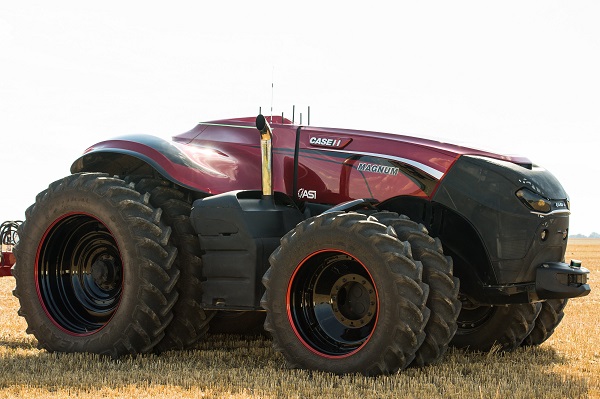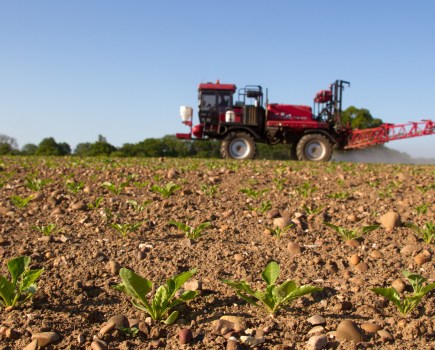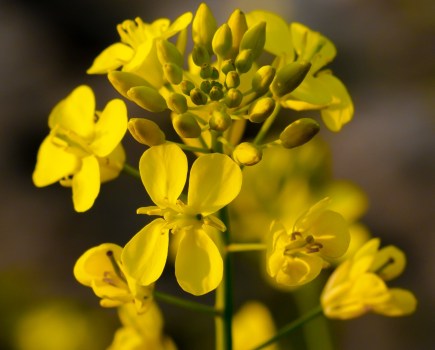Case IH unveiled an autonomous concept vehicle today at the Farm Progress Show in Boone, Iowa. The concept vehicle is a cabless Case IH row crop tractor that can operate autonomously with a wide range of field implements.
“In many parts of the world, finding skilled labour during peak use seasons is a constant challenge for our customers,” said Case IH Brand President Andreas Klauser. “While we offer auto-steering and telematics on our equipment today for remote management of farm machinery and employees, this autonomous tractor concept demonstrates how our customers and their employees could remotely monitor and control machines directly. This technology will offer our customers greater operational efficiencies for tasks such as tillage, planting, spraying and harvesting.”
Klauser explained that the concept was created to validate the technology and to collect customer feedback regarding their interest and need for future autonomous products for their operations.
“It is very exciting for us to explore the possibilities that this technology can provide to our customers. We look forward to getting their input regarding this concept and how it can help them achieve new production efficiencies,” said Klauser.
Case IH and CNH Industrial’s Innovation Group based the cabless autonomous concept on an existing Case IH Magnum tractor with reimagined styling. The vehicle was built for a fully interactive interface to allow for remote monitoring of pre-programmed operations. The onboard system automatically accounts for implement widths and plots the most efficient paths depending on the terrain, obstructions and other machines in use in the same field. The remote operator can supervise and adjust pathways via a desktop computer or portable tablet interface.
Through the use of radar, lidar (light imaging, detection, and ranging) and onboard video cameras, the vehicle can sense stationary or moving obstacles in its path and will stop on its own until the operator, notified by audio and visual alerts, assigns a new path. The vehicle will also stop immediately if GPS signal or position data is lost, or if the manual stop button is pushed. Machine tasks can also be modified in real time with via remote interface or automatic weather warnings.
AFS Global Product Marketing Manager, Rob Zemenchik explained that autonomous tractor operation brings together the latest in guidance, telemetry, data sharing, and agronomic management to offer farm managers more control, monitoring capabilities and cost savings.
“A farm manager can supervise the activities of multiple machines via a mobile tablet interface while he tends to other tasks or even operates another vehicle,” said Zemenchik. “Multiple autonomous tractors can work as one fleet or simultaneously in multiple sub-fleets assigned to separate fields, each assigned with pre-programmed maps and prescriptions. So you could have one tractor pulling a chisel plough followed closely by another one operating a planter. The opportunities for efficiency are substantial.”
Although the autonomous vehicle is presently considered only as a concept tractor, Zemenchik said the technology could function just as well in a standard cabbed tractor where it could use real-time weather and satellite data to optimally apply crop inputs such as nitrogen, herbicides, or fungicides.
“These enhancements really become interesting for our customers when weather comes into play,” said Zemenchik. “Because if it starts to rain in one field, the tractor will automatically stop what it’s doing and head over to another field that is dry to work on that provided it can access that field via private roads.”
Prior to the concept’s unveiling, company executives presented a video demonstration of the tractor tilling and planting on land in the Southeastern United States earlier this summer.
CNH Industrial collaborated with its long-standing technology provider Autonomous Solutions Incorporated, ASI, a Utah-based company that is the industry leader in off-road autonomous solutions, in the development of this concept autonomous technology.




